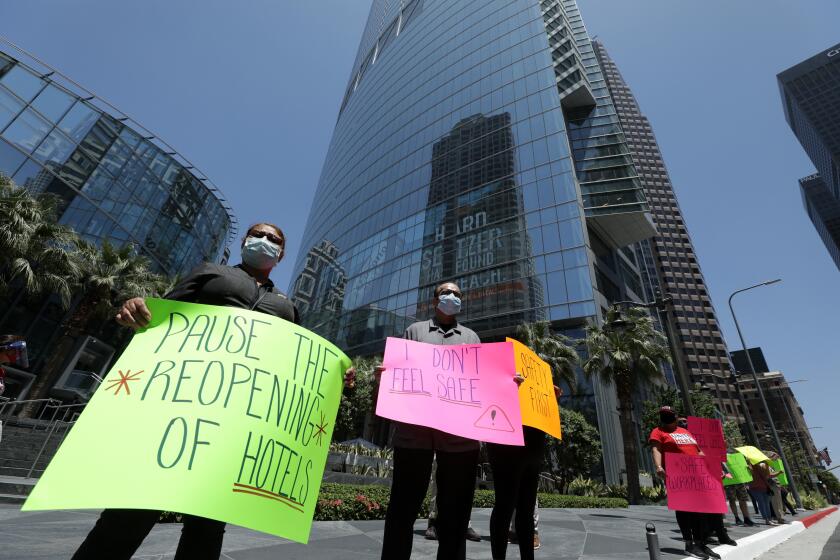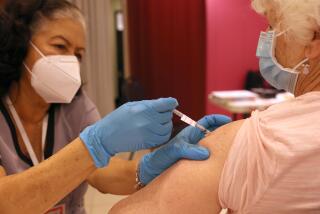Workers and customers are catching COVID-19. Should businesses escape blame?
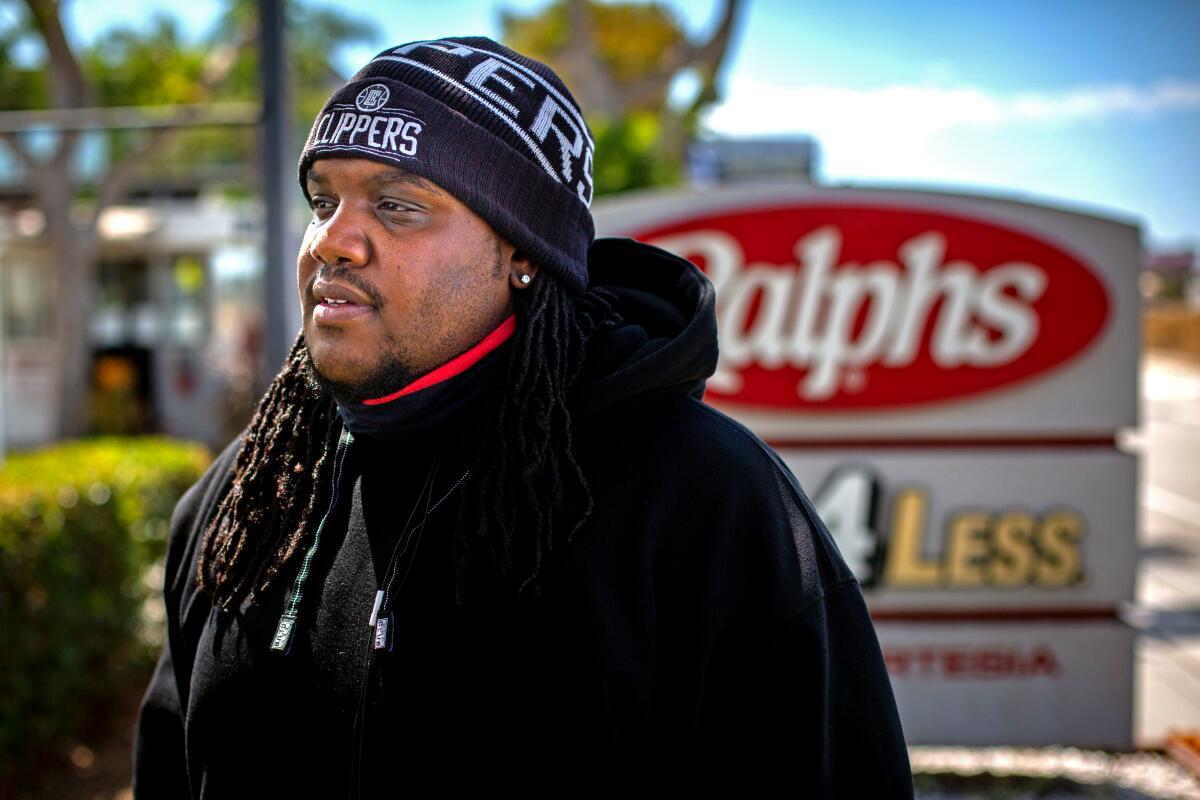
- Share via
Henry Ephriam landed in the hospital, terrified and suffering from chest pains, one of 125 workers at the Ralphs grocery chain’s Compton warehouse who were sickened with COVID-19.
Maria Pilar Ornelas struggled to breathe with a fever of 103.7. One of more than 180 workers at a Central Valley slaughterhouse who tested positive for the coronavirus, she says her supervisor told her to come to work anyway.
In Glendale, the wife and children of 77-year-old Ricardo Saldana say he died after nursing home staff were told not to wear masks and gloves. Seventeen employees and 22 residents caught the virus. Five died.
Warehouse workers. Meatpackers. Nursing home residents. Cruise ship passengers. With infections in California surging past 680,000 and deaths topping 12,400, COVID-19-related lawsuits have begun to hit federal and state courts.
Businesses fear being blamed for the virus’ spread. They are mounting fierce campaigns in Congress and statehouses for measures to protect them from lawsuits over infections, hospitalizations and deaths related to the pandemic.
Since the virus took hold, many employers have been under siege, accused of failures to enforce social distancing, inadequate protective supplies and a lack of transparency when workers are infected. Customers also feel endangered when safety rules are poorly enforced.
“Relief from costly litigation could truly mean the difference between employers opening their doors and workers returning to work, or being forced to shutter their businesses permanently,” the California Chamber of Commerce and 24 industry groups wrote to congressional leaders last month.
The signers included retailers, manufacturers, agribusinesses, technology companies, hotels, restaurants and builders.
As yet, there is no tidal wave of COVID-related litigation — and may never be, given the hurdle of proving where exactly anyone was infected. At work? In the supermarket? On a sidewalk? And juries may be forgiving if employers argue they have tried to comply with shifting government guidelines.
But U.S. Senate Majority Leader Mitch McConnell (R-Ky.) has predicted “an avalanche” of litigation and “the biggest trial lawyer bonanza in history.” And Republicans are pushing for a sweeping liability shield dubbed the Safe to Work Act, a measure that consumer groups staunchly oppose.
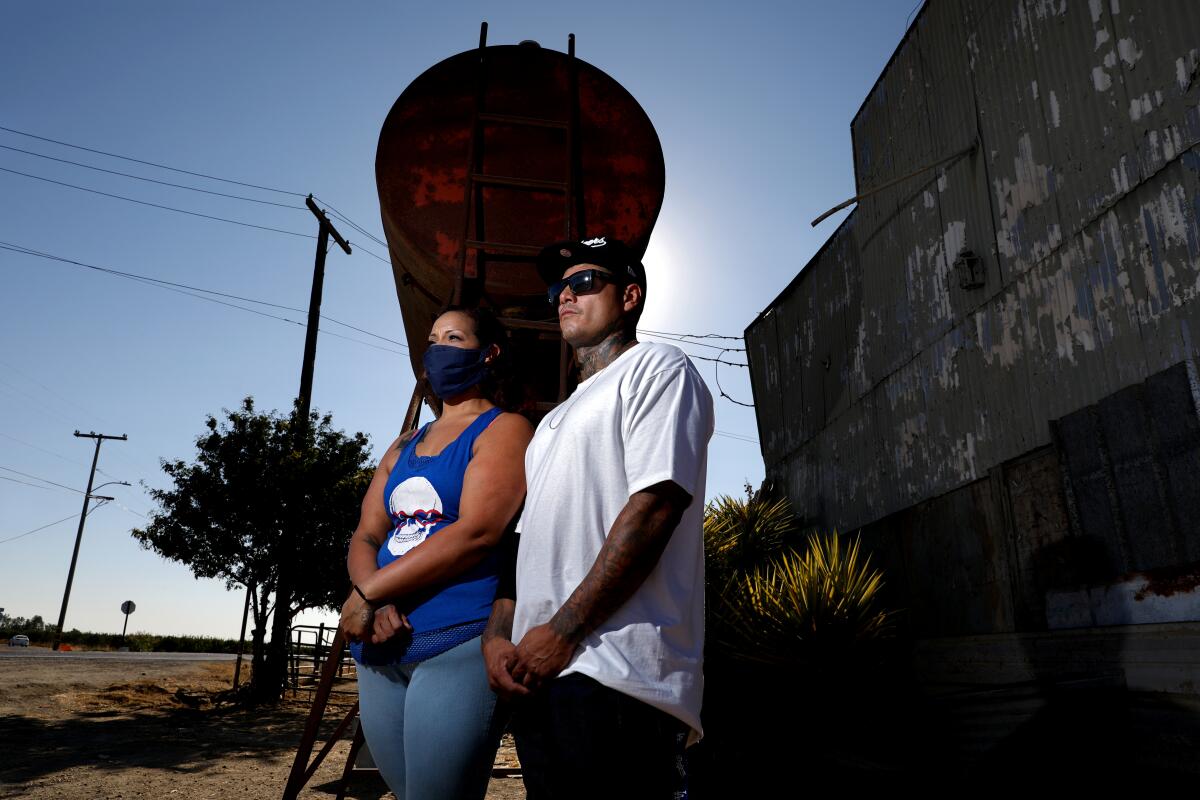
The issue is a sticking point in stalled negotiations between the Trump administration and Democratic lawmakers over broad legislation to extend billions of dollars in federal unemployment benefits and relief for state and local governments.
In California, plaintiffs have filed more than 550 lawsuits as a result of the pandemic, according to a widely cited tracker by the law firm Hunton Andrews Kurth. So far, most involve such matters as companies’ disputes with insurers, including one by the renowned Napa Valley restaurateur Thomas Keller. Or small businesses taking banks to court over missing out on rescue loans. Or students filing complaints against universities, seeking refunds. Concert and sports event ticket holders are suing to get their money back, as are airline and amusement park customers.
Fewer than 50 involve the kinds of claims for personal injury, wrongful death or inadequate safety measures that the proposed federal liability shield addresses.
“Under current law, if businesses take reasonable steps to protect workers and customers, they are protected from lawsuits,” said Jacqueline Serna, deputy legislative director for the trade association Consumer Attorneys of California.
But the GOP congressional bill, she said, would mean “no liability under any state laws for a coronavirus-related personal injury claim. It preempts California laws meant to protect workers against gross negligence, willful misconduct, nuisance, disability, civil rights, assault, battery, fraudulent concealment — you name it.”
Corporations have already seen some success: A dozen states have enacted liability protections for business generally. And in at least 20 states, hospitals, nursing homes and healthcare providers are now immune from most coronavirus-related lawsuits.
California has not adopted any COVID-19 liability measures. Nor are healthcare companies protected. The Service Employees International Union filed suit Aug. 20 against Riverside Community Hospital and its owner, HCA Healthcare in Tennessee, on behalf of three employees who contracted COVID-19 and the daughter of another who died of the disease.
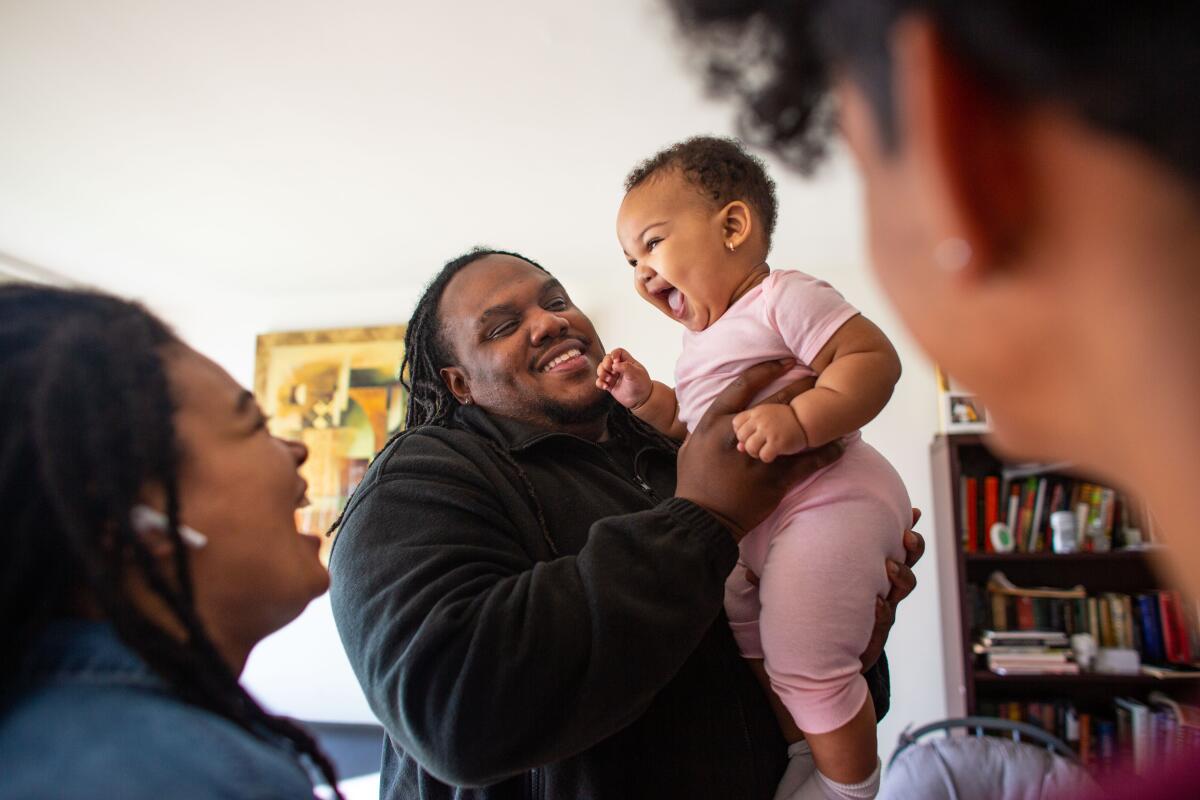
Lawsuits involving grocery chains and warehouses that employ thousands of essential workers are among the most closely watched.
In the San Joaquin Valley, 52 workers at a Safeway facility were sickened, prompting a suit by the widow of one who died. In San Francisco, a picker who fills orders at an Amazon Fresh center sued over safeguards. And Walmart is the target of COVID-19 claims in Chicago and Dallas.
A class action filed last month on behalf of some 800 workers at a Ralphs warehouse in Compton reveals how contentious — and how personal — safety issues have become in the coronavirus era.
On May 11, Ephriam, a 37-year-old receiver who handles incoming goods, took a short nap after his shift and woke up with a 104-degree fever. The day before, the facility had announced that a single worker had tested positive for the virus, calling it “an isolated incident,” according to the suit filed in Los Angeles County Superior Court.
As his symptoms worsened, Ephriam said, he notified Ralphs of 20 employees with whom he’d worked closely, but the company contacted just five — an assertion Ralphs disputes. Within weeks, more than 100 workers were infected.
At the hospital, doctors sought to put Ephriam on a ventilator. He refused, fearing side effects, and was released in four days. Meanwhile, he said, he had brought the virus home: His fiancée, who was nursing their 7-month-old baby, fell ill.
In the suit, Ephriam and seven other plaintiffs say Ralphs took a “cavalier attitude” toward the pandemic, failing to provide enough masks, gloves or hand sanitizer, forcing employees to work close together and making them touch the same pad when clocking in.
“It was terrifying,” Ephriam said. “But management played it like it was no big deal. They didn’t care.”
Ephriam and his fiancée have largely recovered. But another plaintiff, Crescencio Perera, also fell severely ill and infected his family, the suit said. Perera’s wife, daughter, brother, nephew and father-in-law came down with COVID-19, and his father-in-law died.
Even now, the plaintiffs say, shared computers lack plastic keyboard covers to facilitate cleaning, shared scanner guns are not sanitized between shifts, temperature checks are spotty and social distancing rules are not enforced.
Many, especially those backed by labor unions, push back against returning to their workplaces, citing employers’ failures to prevent COVID-19 outbreaks.
In a court response, Ralphs said it has complied with all government guidelines, adding that the COVID-19 protections urged in the suit are “a laundry list of amorphous demands and draconian requirements.”
It said that Ephriam provided just seven names of co-workers and that the company contacted all of them. “Ralphs posted reminders about social distancing as soon as the CDC recommended it,” the company said. And it cited surveillance footage showing Ephriam failing to wear a mask before his diagnosis and hugging two co-workers.
But Ephriam contends he and others were not distancing or wearing masks at the time because Ralphs had not advised them to do so, nor had it revealed that the virus was circulating at the warehouse. “They had nothing in place telling us what we should or shouldn’t be doing,” he said.
Ralphs spokesman John Votava declined to comment.
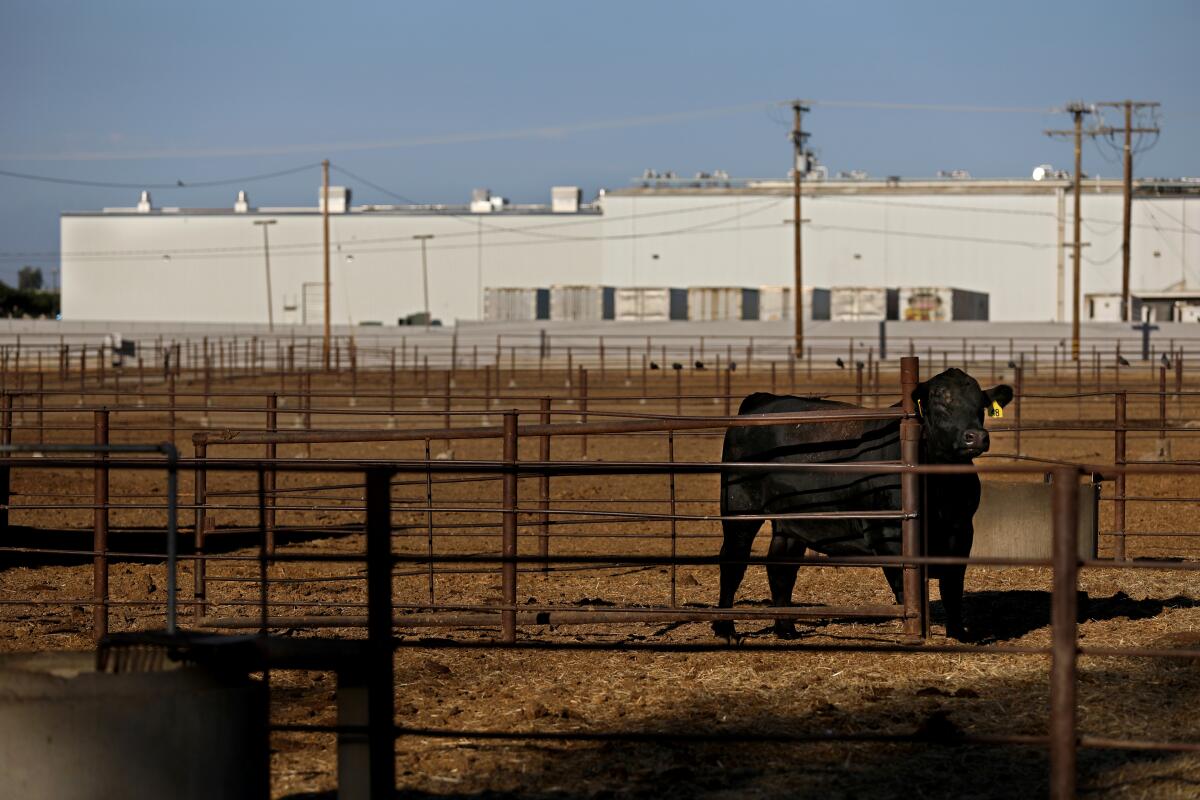
Similar safety complaints are the focus of a class-action suit on behalf of 750 employees of Central Valley Meat Co., the nation’s seventh-largest beef packer.
In early April, Ornelas, a 41-year-old quality control inspector, and her colleagues heard the virus had infected co-workers at the Hanford, Calif., slaughterhouse. “But supervisors were telling us, ‘Oh, it’s just a rumor,’” she said.
By then meatpackers across the country, working elbow to elbow cutting carcasses on fast-paced assembly lines, were getting sick by the thousands. In Los Angeles County, infections at a Farmer John pork processor had taken off in March, an outbreak that would eventually sicken at least 254 workers.
At Central Valley Meat, it wasn’t until workers posted news of their illness on Facebook that the company acknowledged the virus had spread in the plant, according to the federal suit filed last month.
Chief Executive Brian Coelho, whose family owns the privately held company, did not respond to multiple phone calls and emails. Central Valley Meat lawyers have yet to respond to the complaint.
Ornelas, who fell ill April 23, is still suffering. “I wake up and the next thing you know it’s just horrible. Headache, fever, chest pains, stomach problems.”
She wiped away tears. “I was a person who didn’t believe in depression,” she said. “But now I’m like, I just should have died. I want to give up.”
Ornelas brought the virus home to Pete Mabie, her partner. At the breakfast table, a carton of milk fell out of his hands. He started dropping things at the lumberyard where he works. He was hospitalized three times.
“I get electric shocks in my hands and feet,” he said. “The doctors say the virus caused nerve damage or a mini-stroke.”
Since April, Ornelas has returned to her $14.25-an-hour job three times, spurred by what she said was a threat of termination. But each time she felt too ill to continue. She has no health insurance, and her medical bills amount to hundreds of dollars.
Ornelas’ attorney, Aaron Olsen, said Central Valley Meat programs offering extra pay for perfect attendance and meting out discipline points for absences encouraged sick workers to stay on the job, violating guidelines for companies issued by the Centers for Disease Control and Prevention.
Although the company is taking workers’ temperatures and has posted signs urging social distancing, Ornelas said that when she returned in June, plastic curtains that had been hung between workers were down. “People were shoulder to shoulder again,” she said. “They had masks but weren’t wearing them.”
A federal liability shield would make it harder for lawsuits filed by Ephriam, Ornelas and other workers to succeed.
It could also protect cruise ship lines and nursing homes, industries with some of the nation’s highest infection rates, against claims from customers.
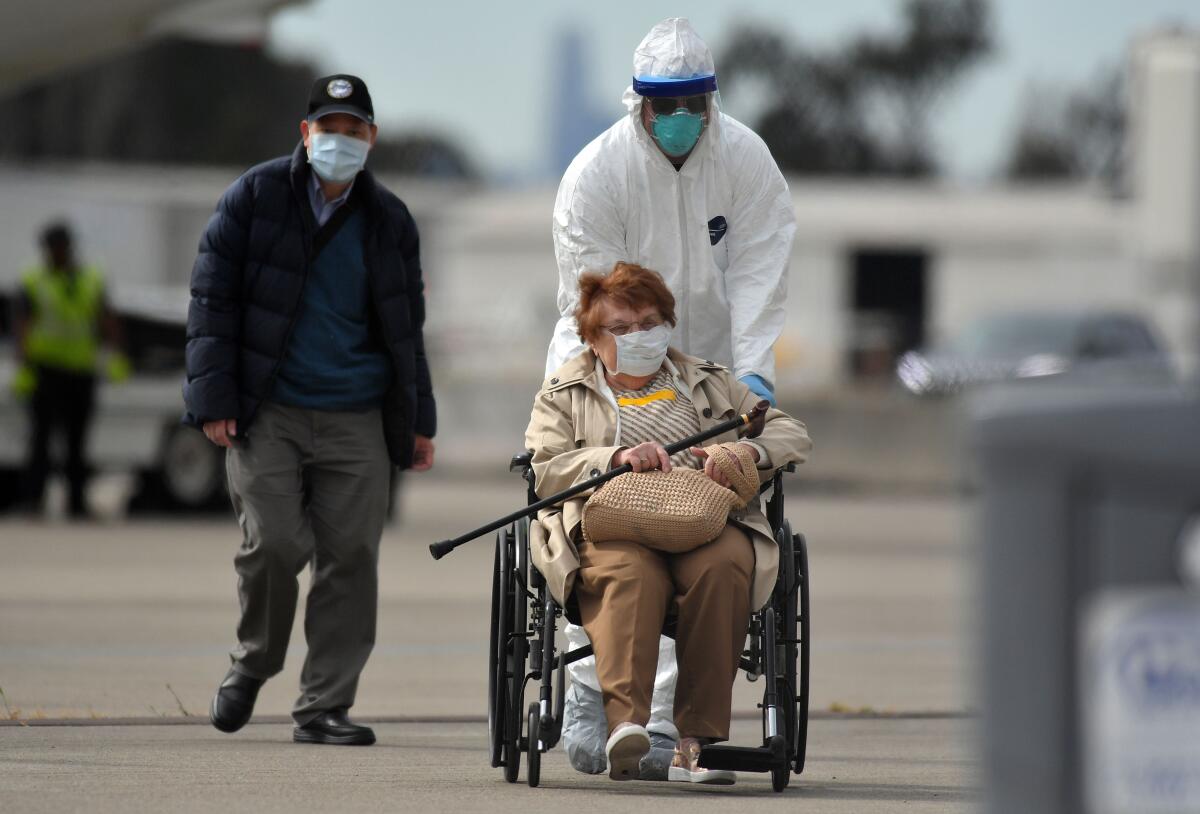
Travelers exposed to the virus on cruise ships have filed a slew of lawsuits, including four California class actions against Carnival Corp. on behalf of some 2,400 passengers. The company drew worldwide publicity in March after state officials, learning the virus was circulating on its Grand Princess vessel, at first refused to allow it to dock.
A Placer County man who had traveled on the ship was California’s first known COVID-19 fatality. And 33 others had tested positive. After five days stranded off San Francisco on lockdown, passengers were permitted to disembark, with hundreds forced into a 14-day quarantine at military bases.
Carnival “chose to place profits over people, including the safety of their passengers, crew, and the general public,” according to a class action filed in federal court in April by Robert Archer, a San Francisco retiree, and 61 other passengers who were hospitalized with COVID-19 or suffered severe symptoms as well as “anguish, fright, horror.”
According to the complaint, which asks for $5 million in damages, the cruise line was guilty of “gross negligence” in allowing some 2,000 passengers to board the ship in February and socialize unhindered without warning them that about 1,000 staff and travelers, still on board from a previous leg of the trip, had been exposed to the virus.
Carnival spokesman Roger Frizzell declined to comment on the litigation but said in an email, “Our top priorities are compliance, environmental protection and the health, safety and well-being of our guests and crew members.” The company has “created a new senior executive role of a chief compliance and ethics officer,” he said.
Like cruise lines, nursing homes are a target of coronavirus-related consumer suits. In California, more than 4,900 residents and staff at elder care facilities have died of COVID-19, about 40% of the state’s total fatalities. Throughout California, 1,120 skilled nursing homes and 301 assisted-living facilities have reported outbreaks.
In a lawsuit against Glenhaven Healthcare, Saldana’s family says that the Glendale facility “went so far as to lock up protective equipment that the local fire department delivered.... As a result, the virus ran rampant.”
The complaint, filed in Los Angeles County Superior Court, said the nursing home concealed the fact that an employee exposed to the virus had spent two weeks interacting with staff and residents. And it says an exposed resident was moved into Saldana’s room without informing him or his family.
Family claims that Glenhaven Healthcare nursing home prohibited staff from wearing masks and gloves, leading to a deadly outbreak at the Glendale facility.
The nursing home said its staff followed health guidelines from local and federal authorities. “We can definitively say that Glenhaven Healthcare heroes put our patients first every day,” it said in a statement.
Last month, the facility’s attorneys sought to move the lawsuit to federal court, saying that a 2005 U.S. emergency preparedness law grants it immunity from elder-abuse, negligence and wrongful-death claims.
The complaint fails to establish that Saldana died as a result of any misconduct, they wrote in a July 31 filing, adding: “information about the novel coronavirus ... and how to prevent its spread was ... constantly evolving during March and April.”
The Glenhaven suit shows how hard it may be to win COVID-19 cases, despite the nursing home industry’s long history of investigations over substandard care and staffing. In Los Angeles County, more than 2,000 complaints are registered with public health officials each year.
“We don’t foresee a flood of lawsuits,” said Anthony Chicotel, an attorney for California Advocates for Nursing Home Reform. His San Francisco watchdog group has referred just 13 coronavirus cases for potential litigation.
Personal injury attorneys are paid through contingency fees, so they take only strong cases, Chicotel said. With residents’ relatives largely blocked from visiting, “it will be harder to prove there were violations of the standard of care,” he added. “And what was the standard of care? It was fluid.”
Still, Chicotel said, the liability shield advocated by businesses and under negotiation in Congress would amount to a “catastrophe” for nursing home residents.
“It would immunize all sorts of bad conduct,” he said. “It would free poor providers from the last layer of accountability.”
More to Read
Inside the business of entertainment
The Wide Shot brings you news, analysis and insights on everything from streaming wars to production — and what it all means for the future.
You may occasionally receive promotional content from the Los Angeles Times.

